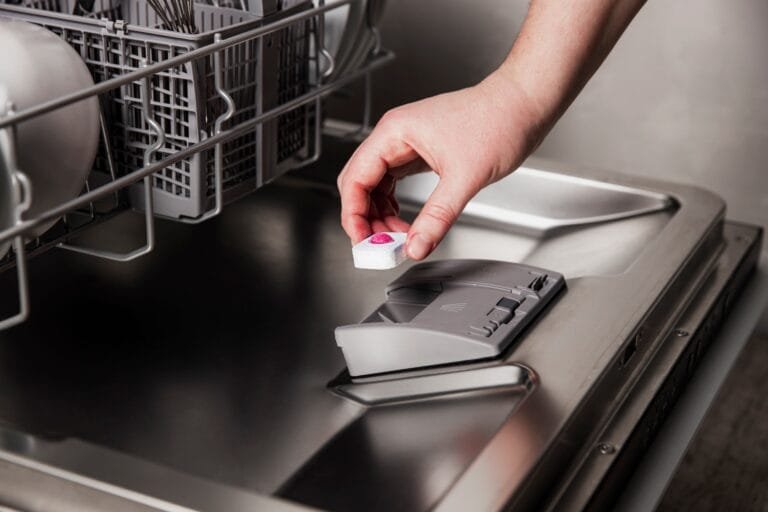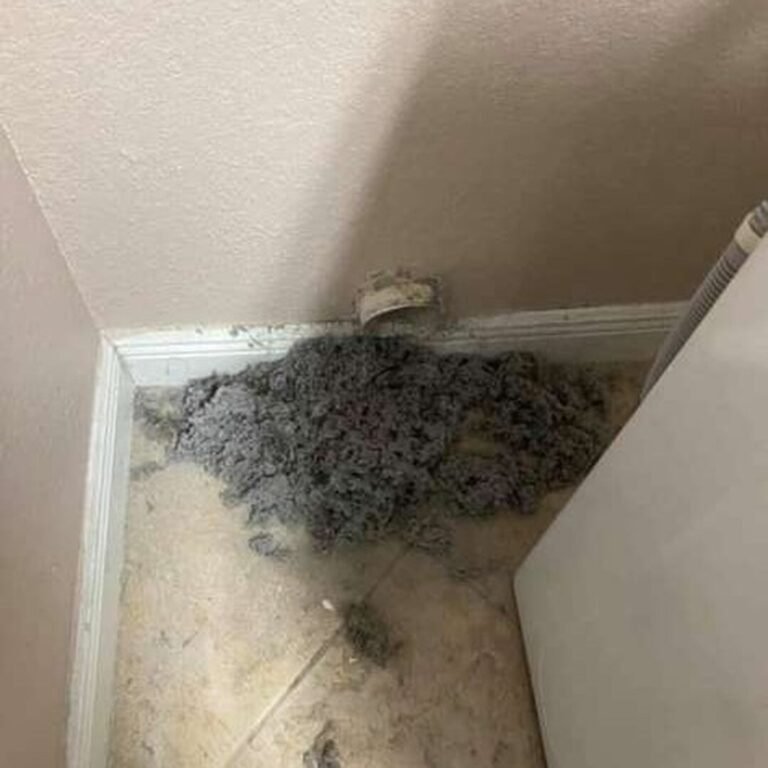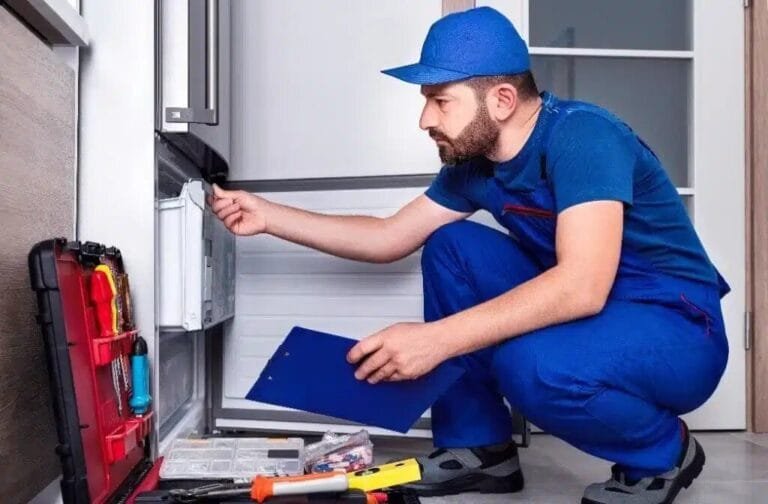Choosing between fixing an old appliance or buying a new one can be tough. Did you know manufacturing a single washing machine has the same environmental impact as driving a car for 100 miles? This article dives into how repairing appliances instead of replacing them saves energy and cuts down pollution.
Keep reading to uncover the greener choice!
Environmental Cost of Appliance Manufacturing
Appliance manufacturing incurs significant environmental costs due to energy consumption, raw material extraction, and air emissions. The product life cycle assessment reveals the impact reduction measures required for sustainable manufacturing and eco-friendly appliances.
Life-Cycle Assessment (LCA)
Life-Cycle Assessment (LCA) analyzes the environmental impact of an appliance from raw material extraction to its end of life. This process considers all stages: manufacturing, transportation, use, and disposal.
Experts evaluate energy consumption, resource use, air emissions, and waste generation at each step. LCA aims to identify opportunities for reducing negative impacts on the planet.
Manufacturers and environmental scientists use LCA to improve product designs for greater energy efficiency and repairability. By focusing on eco-friendly materials and processes, they work towards sustainability standards that lessen the carbon footprint.
This thorough assessment guides decisions in both manufacturing and remanufacturing sectors aiming for a more environmentally sustainable future.
Impact categories for appliances
Life-Cycle Assessment (LCA) evaluates the environmental impact of appliances across various categories, including raw material extraction, manufacturing processes, energy consumption during use, and end-of-life disposal.
These impact categories allow for a comprehensive understanding of how appliance production affects resource conservation, waste generation, greenhouse gas emissions, and air and water pollution.
By considering these impact categories at each stage of an appliance’s life cycle, manufacturers can identify opportunities to minimize environmental consequences and improve overall sustainability.
Sustainability standards in the industry
After understanding the impact categories for appliances, it is essential to recognize the significance of sustainability standards in the industry. These standards encompass eco-friendly manufacturing practices, resource-efficient production processes, and responsible waste management.
Manufacturers are increasingly embracing these standards to minimize environmental footprints while ensuring economic viability. Adhering to sustainability standards promotes green manufacturing, enhances environmental sustainability, and contributes towards the development of eco-friendly appliances that align with global conservation goals.
The scrutiny of sustainability standards becomes imperative in evaluating the ecological implications of appliance manufacturing versus repair. This lens allows us to gauge the overall environmental expense involved in various stages within a product’s lifecycle and assess how businesses can mitigate these impacts through sustainable practices.
Environmental Benefits of Appliance Repair
Appliance repair extends the lifespan of appliances, reducing their environmental impact. Repairing appliances decreases energy and resource consumption while cutting down waste and pollution generated from manufacturing.
Extending the lifespan of appliances
Extending the lifespan of appliances reduces raw material consumption and lessens waste generation. Repairing and maintaining appliances can significantly decrease resource extraction, deforestation, and other environmental impacts associated with manufacturing new products.
It’s a sustainable practice that mitigates the economic consequences and environmental impact assessments brought about by appliance disposal.
By extending product lifecycles, ecofriendly appliances hold the promise of reduced energy consumption over time, translating into lower utility bills for consumers. This not only benefits households but also contributes to overall energy conservation efforts on a larger scale.
Reducing energy and resource consumption
By repairing appliances instead of constantly replacing them, energy and resources are conserved. This reduces the need to extract new raw materials and manufacture new products, which in turn decreases the environmental impact of appliance production.
Repairing appliances also saves energy that would be required for manufacturing and transporting new replacements, contributing to overall resource conservation.
Decreasing energy consumption lowers greenhouse gas emissions associated with manufacturing processes, while conserving resources minimizes the depletion of natural reserves. Additionally, by extending the lifespan of appliances through repair rather than disposal, less waste is generated and subsequently sent to landfills or incinerators.
Decreasing waste and pollution generated from manufacturing
By repairing and extending the lifespan of appliances, there is a significant reduction in the need for new production, resulting in decreased waste and pollution. The process of appliance repair minimizes the demand for raw materials and lessens the environmental impact associated with manufacturing, ultimately contributing to a more sustainable approach to consumption and production.
Extending the lifespan of appliances through repair not only reduces resource extraction but also cuts down on energy use during manufacturing processes. Repurposing existing devices mitigates the negative effects on ecosystems caused by waste disposal from discarded appliances at their end-of-life stage.
In conclusion, choosing between appliance manufacturing and repair has significant environmental implications. Life-Cycle Assessment (LCA) helps to understand the full impact of appliance production, from resource extraction to disposal.
Appliance repair extends the lifespan of products, reducing energy consumption, waste generation, and pollution. These considerations underscore the importance of promoting sustainable choices in appliance management.
For your appliance repair, contact us here





